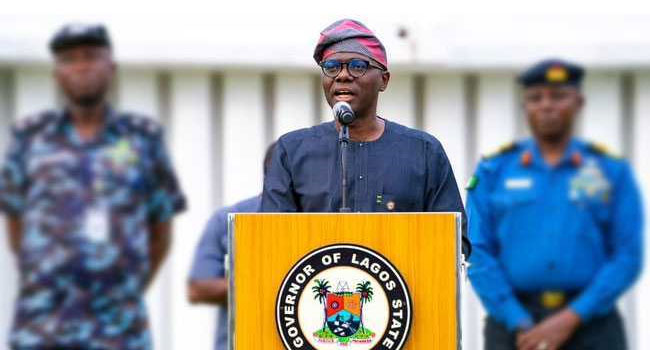A former deputy governor of the Central Bank of Nigeria (CBN), Alhaji Sulaiman Barau, has said adoption of the principles of Islamic finance by developing nations will serve as key to achieving the United Nations Sustainable Development Goals (SDGs).
Presenting a keynote paper at the international conference on Islamic finance with the theme, Islamic Finance: Mobilising Resources for Economic and Social Development, organised by the Bayero University’s International Institute of Islamic Banking and Finance (IIIBF) in Kano Wednesday, he said the deepening global annual investment deficit in terms of long term investment is a major threat to socio-economic development of developing nations.
He stated that it was the challenges of global social and economic development that led to the adoption of the Sustainable Development Goal (SDGs) by the United Nations.
He said that, “The SDGs are only achievable with a sustained mobilisation and efficient use of resources and to ensure even economic and social development in which Islamic finances has the capability of paving the way for attaining this.”
The former CBN deputy governor stated that the World Bank submitted that long term finance provides stability for the financial system, which in turn paves way for the provision of the required support during boom and bust economic cycles, given their emphasis on long-term value creation. As such, he said long term financing is critical in eliciting sustainable economic development.
The mobilization of finance for long term investments is faced with problems that are peculiar to conventional financing sources which include, leveraging, incentives for risk transfer, and the cyclical nature of markets, inadequate savings, weak legal and institutional frameworks and lack of inclusivity among other factors.
Barau pointed out that the conventional financing frameworks have inherent tendencies to transfer risks because of undue allocation of savings to largely short term investments, which constrain the ability to finance the long term assets because of the inherent mismatch between funding sources and investments.
As a way out of the quagmire, the economists noted that Islamic finance, “owing to its risk sharing rather than risk transfer tendencies and, equity participation, has become increasingly important in providing solution to challenges faced in sourcing long term finance under the conventional frameworks, to fund required global requirements for economic and social development”.
In particular, he said the risk sharing feature of Islamic finance has the tendency to eliminate the risk transfer constraints of conventional financing methods since it will elicit trust in a typical transaction chain.
In his address, the Emir of Kano, Malam Muhammad Sanusi II, reiterated the need for financial inclusion as provided for by the tenets of Islamic finance as a way of bailing out poor countries from financial mess and ensure economic growth and stability.
He said Islamic finance is the best option for any society yearning for economic and social development. He commended the management of Bayero University for their foresight in the establishment of the International Institute of Islamic Banking and Finance (IIIBF).
The emir said his doors are always open for suggestion and financial advice to the university, the institute and other groups towards mobilisation of resources and ideas in line with the concept of Islamic finance.
Earlier, the Vice Chancellor of Bayero University, Kano Professor Muhammad Yahuza Bello who was represented by Professor Kabiru Isa Dandago, explained the positive contribution of Islamic finances not only in Muslim states but in the other climes. He described the conference as timely.
on Islamic finance in Malaysia some years ago.



